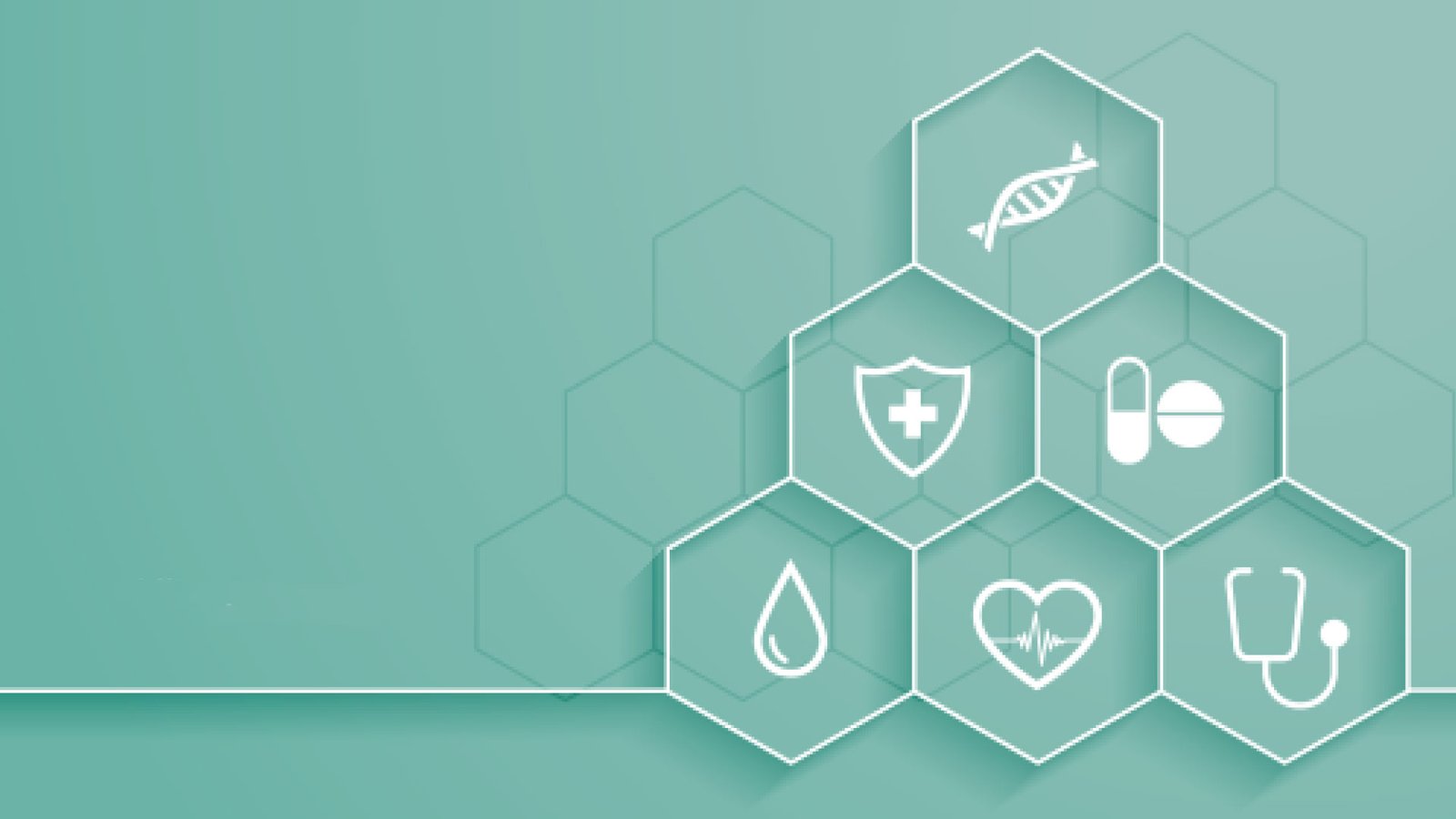Using AI-powered tactics in the Pharma industry means using automated algorithms to handle tedious tasks performed by humans. AI has streamlined and impacted pharma industry in many ways. From creating new and better drugs to combating fast-growing diseases.
From science fiction to science fact – artificial intelligence has come a long way. Pharmaceuticals and life sciences companies are adopting the technology at the lightning speed. More efficient, automated processes to incorporate data-driven decisions and to use predictive analytics tools. Unlike AI of some Hollywood Sci-Fi movies – that takes over the world, AI is being used in the pharmaceuticals, biopharmaceuticals and other industries as well to solve a specific task or set of tasks using automated algorithms.
The goal is to find hidden patterns and gather insights from vast amounts of data in ways no human can find. Using AI for data mining and analytics is already transforming many industries, including pharmaceuticals and biopharmaceuticals. And its uses range from drug discovery to production process automation to clinical applications like medical imagining and surgical robots.
Applications of Artificial Intelligence in the Pharmaceutical Industry
Right from drug development and design to manufacturing and marketing, AI can be implemented in almost every aspect of the pharma industry. And with the help of this technology, pharma companies can make all the business operations more efficient, cost-effective and hassle-free.
Let us have a look at some of the most mention-worthy applications of AI in the Pharma and Bio-pharma industry.
- Research & Development:
Pharma and biopharma companies are leveraging advanced Machine Learning algorithms and AI-powered tools to streamline the drug discovery process. The tools are designed and developed to identify detailed patterns in large datasets, which can be used to solve problems associated with complicated biological networks.
This technology can help for studying and understanding the patterns of various diseases and recognizing which drug compositions would be best suited for treating specific kinds of traits of a particular disease. Pharma companies should invest in the R&D of such drugs that have the highest chances of successfully treating a disease or medical condition.
- Drug Development and Design:
AI has the potential to improve the accuracy of the R&D process. From designing new molecules to identifying novel biological targets, AI is playing a role in the drug target identification and validation, target-based, phenotypic, and multi-target drug discoveries. It includes drug repurposing as well as bio maker identification. The key benefit for the pharma industry is the – potential of AI when implemented during drug trials.
For example, pharma researchers can identify and validate novel cancer drug targets using data such as longitudinal electronic medical records (EMR), next-generation sequencing and other omic data are used to creating representative models of individual patients.
- Diagnosis:
Doctors can use advanced ML systems to collect, process, and analyze vast volumes of patient’s healthcare data. Healthcare providers around the world are using ML technology to store sensitive patient data securely in the cloud or a centralized storage system which is commonly known as EMRs.
Doctors can refer to these records as and when they need to understand the impact of a specific genetic trait on a patient’s health or how a particular drug can treat a health condition. ML systems can use the data stored in EMRs to make real-time predictions for diagnosis purposes and suggest proper treatment to patients.
- Remote Monitoring:
Remote monitoring is a breakthrough in the pharma and healthcare sectors. Many pharma companies have started developing wearables powered by AI algorithms that can remotely monitor patients suffering from different kinds of diseases.
Like, for example, Tencent Holdings have collaborated with Mdeopad to develop an AI technology that can remotely monitor Parkinson’s disease and reducing the time taken to perform a motor function assessment from 30 minutes to 3 minutes. It can also monitor the opening and closing motions of the hands of patients from a remote location.
- Manufacturing Process Improvement:
AI provides numerous opportunities to improve processes. It can perform quality control, shorten design time, reduce materials waste, improve production reuse, and perform predictive maintenance and more. It can be used in many ways to make production more efficient with faster output and less waste.
For instance, a process that typically relies on human intervention to input or manages process data can be done using computer numerical control. The AI machine learning algorithms not only ensure tasks are performed very precisely, but also analyze the process to find areas where it can be streamlined. It results in less material waste, faster production and more consistently meeting the product’s Quality Assurances.
- Marketing:
Given the fact that the pharma industry is a sales-driven sector, AI can be a handy tool in pharma marketing. With AI, pharmaceutical companies can explore and develop unique marketing techniques – which can promise them high revenues and brand awareness. AI helps in mapping the customer journey as well by allowing companies to check and understand which marketing technique led conversion and ultimately pushed the converted visitors to purchase from them.
AI tools can analyze the past marketing campaigns and compare the results to identify which campaigns received more leads and are more profitable. It will help companies to design and strategize the present marketing campaigns accordingly, as we all know AI even accurately predicts the success or failure rate of marketing campaigns.
Conclusion
To conclude, we can say the scope of AI in pharmaceutical and biopharmaceutical industries look highly promising. As increasing numbers of pharma companies adopt Artificial Intelligence and Machine Learning technologies, it will lead to the democratization of the advanced technologies, which would be making it more accessible for small and mid-sized pharmaceutical companies as well.

